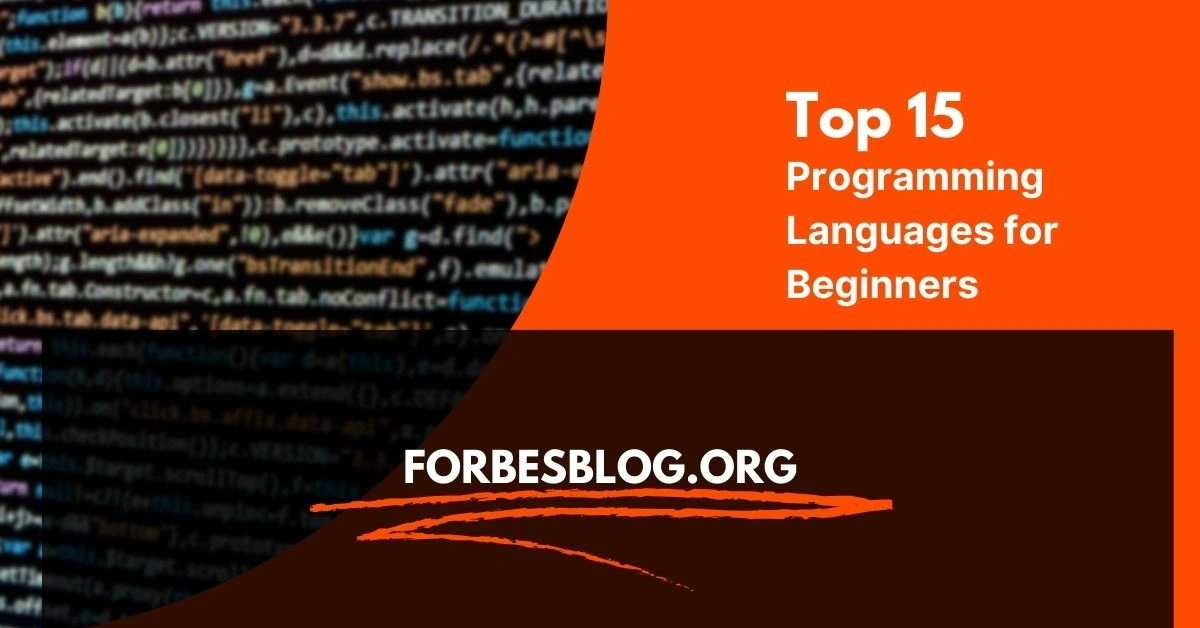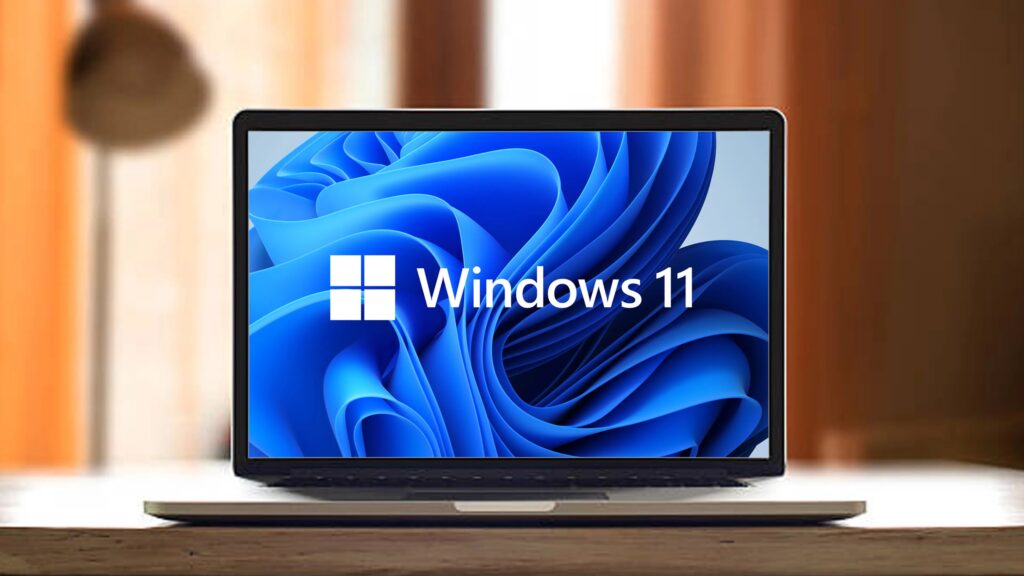Learning to code can feel overwhelming, especially when you’re faced with a wide range of programming languages. Fortunately, some languages are specifically designed or suited for beginners, offering simplicity, readability, and extensive community support. In this article, we’ll explore the top 15 programming languages for beginners, helping you choose the best starting point for your coding journey.
Table of Contents
1. Python

Python consistently ranks as one of the best programming languages for beginners due to its simple syntax and readability. Designed to be straightforward and user-friendly, Python is widely used in web development, data analysis, artificial intelligence (AI), and more.
Key Features:
- Easy-to-understand syntax similar to natural language
- Extensive libraries and frameworks
- A massive community of developers for support
Why Beginners Love Python:
Python allows beginners to focus on problem-solving rather than complex syntax, making it an ideal choice for those new to programming.
2. JavaScript
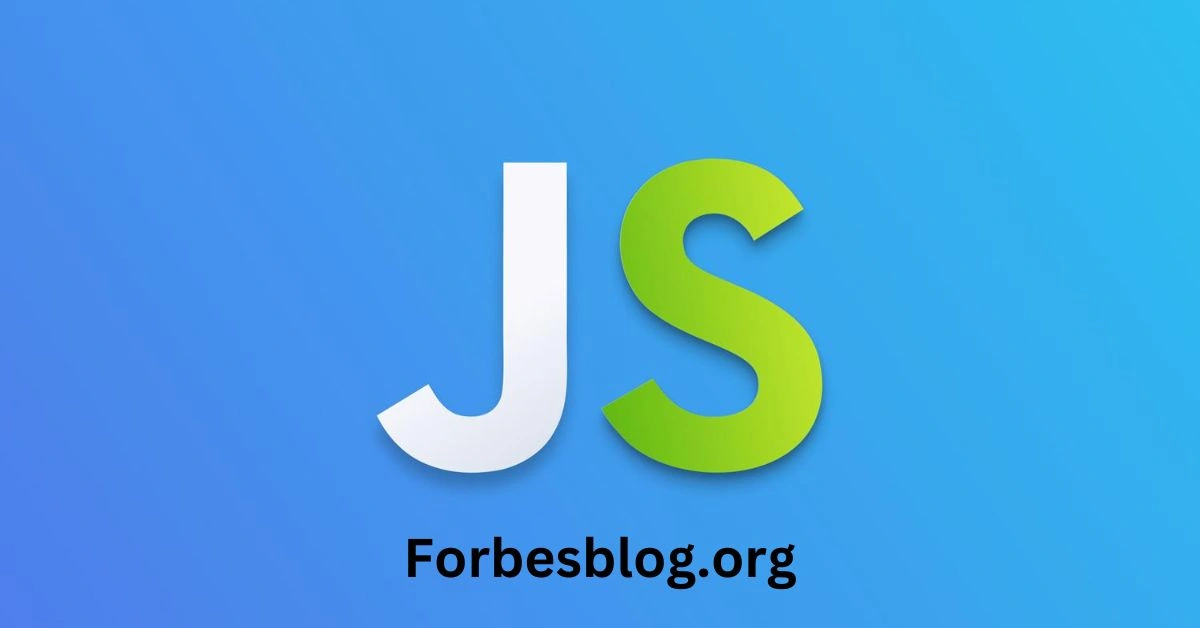
JavaScript is a must-learn programming language for beginners interested in web development. It powers dynamic web applications and is a core technology alongside HTML and CSS.
Key Features:
- Enables interactive web pages
- Supported by all major browsers
- Rich ecosystem of libraries and frameworks like React and Vue.js
Why Beginners Love JavaScript:
Its versatility and immediate results make JavaScript highly rewarding for beginners looking to create interactive websites.
3. HTML/CSS
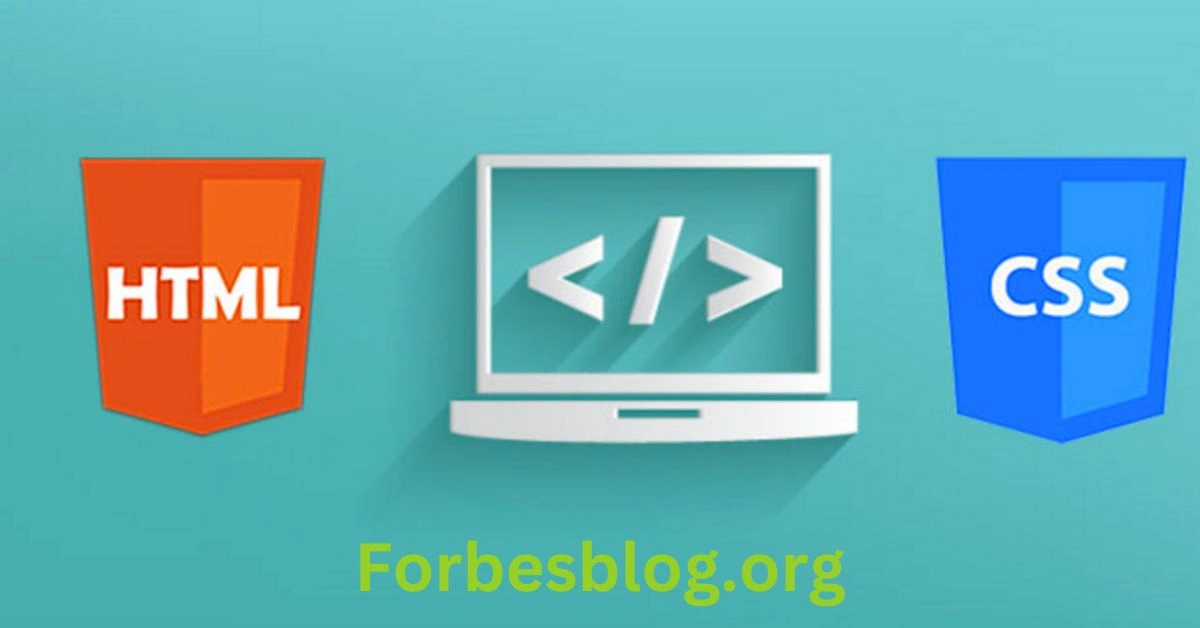
While not technically programming languages, HTML and CSS are the building blocks of the web. They’re essential for creating and styling web pages, making them a great entry point for beginners.
Key Features:
- Simple to learn and implement
- Widely used in web design and development
- Immediate visual feedback
Why Beginners Love HTML/CSS:
Their straightforward structure and ability to produce visible results quickly help new coders stay motivated.
4. Scratch
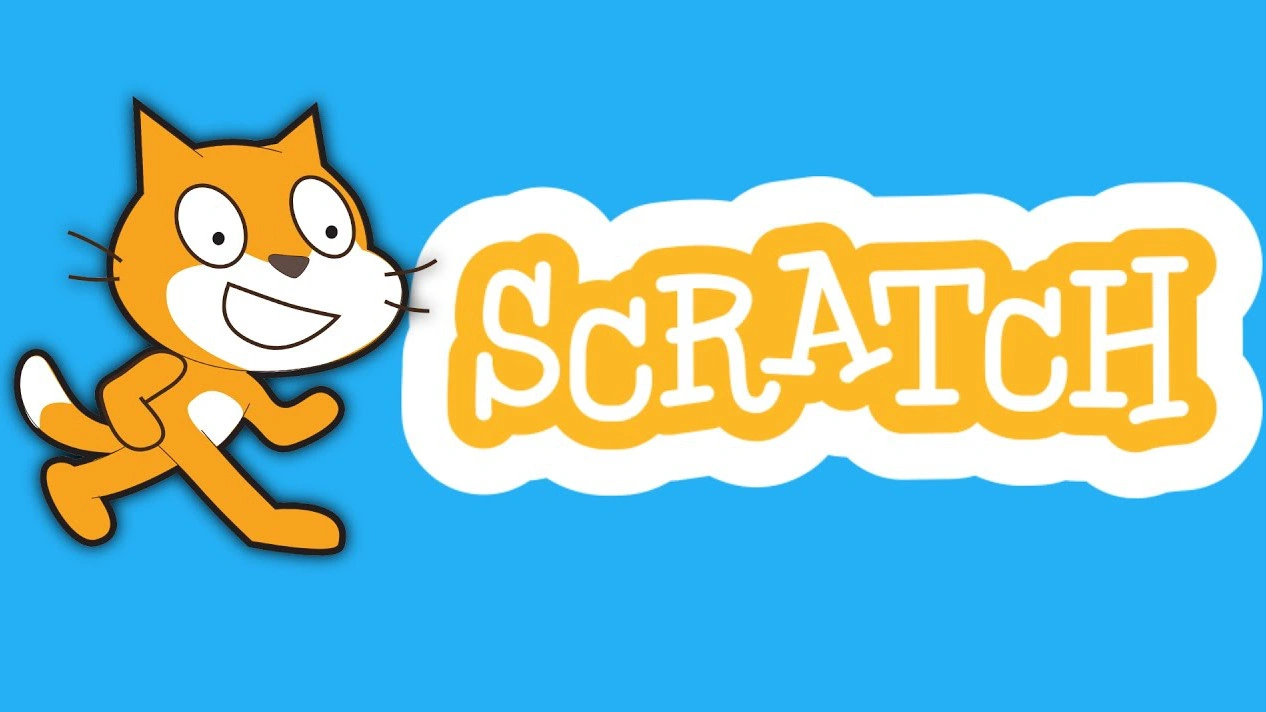
Scratch is a visual programming language designed specifically for kids and beginners. It uses drag-and-drop blocks to create programs, making it a fantastic introduction to coding concepts.
Key Features:
- Visual and interactive
- No need to write code manually
- Encourages creative projects like games and animations
Why Beginners Love Scratch:
Its engaging and intuitive interface makes learning programming fun and accessible.
5. Ruby
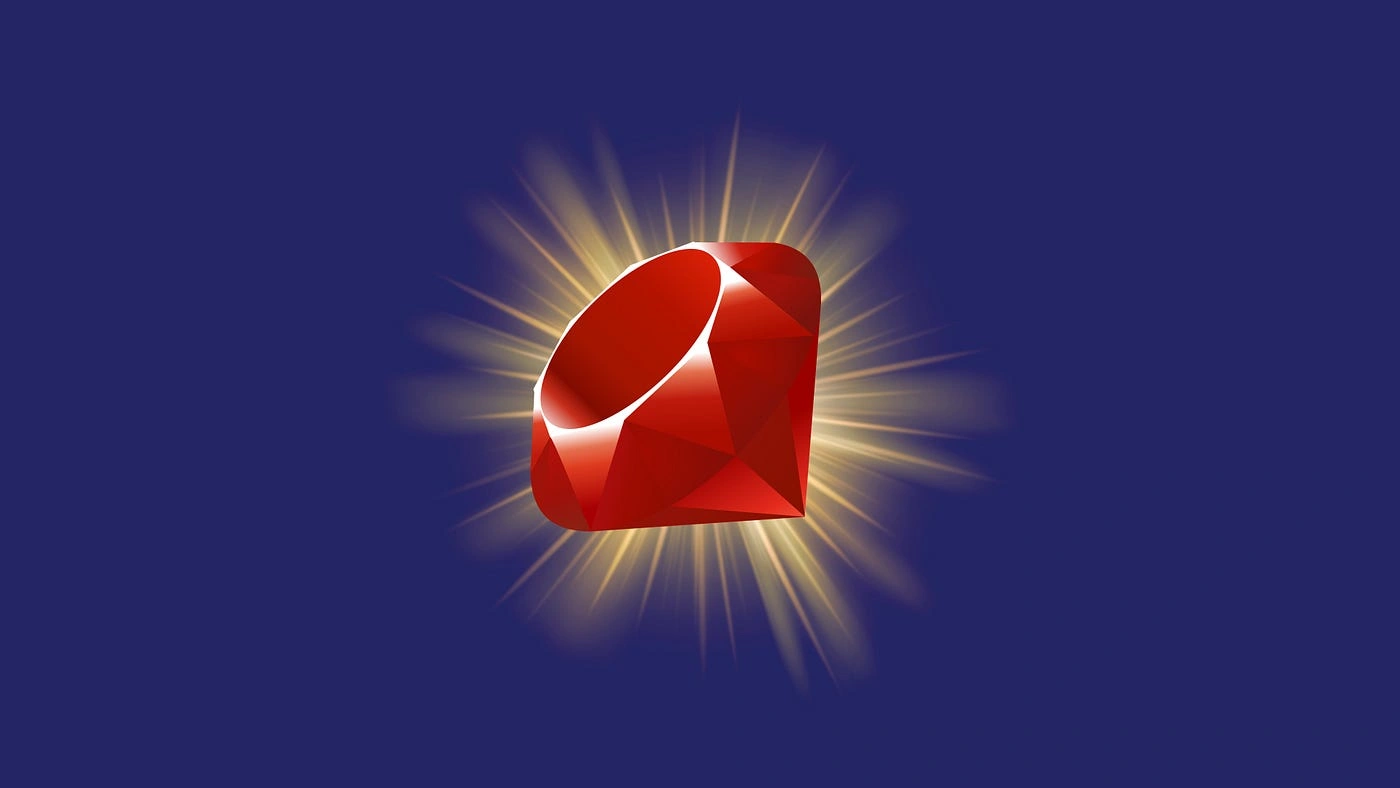
Ruby is another excellent choice for beginners, especially with its web framework, Ruby on Rails. Known for its elegant syntax, Ruby simplifies the process of building web applications.
Key Features:
- Focuses on productivity and simplicity
- Extensive libraries and gems
- Great for web development
Why Beginners Love Ruby:
Ruby’s “human-friendly” syntax allows beginners to write and understand code with ease.
6. Java
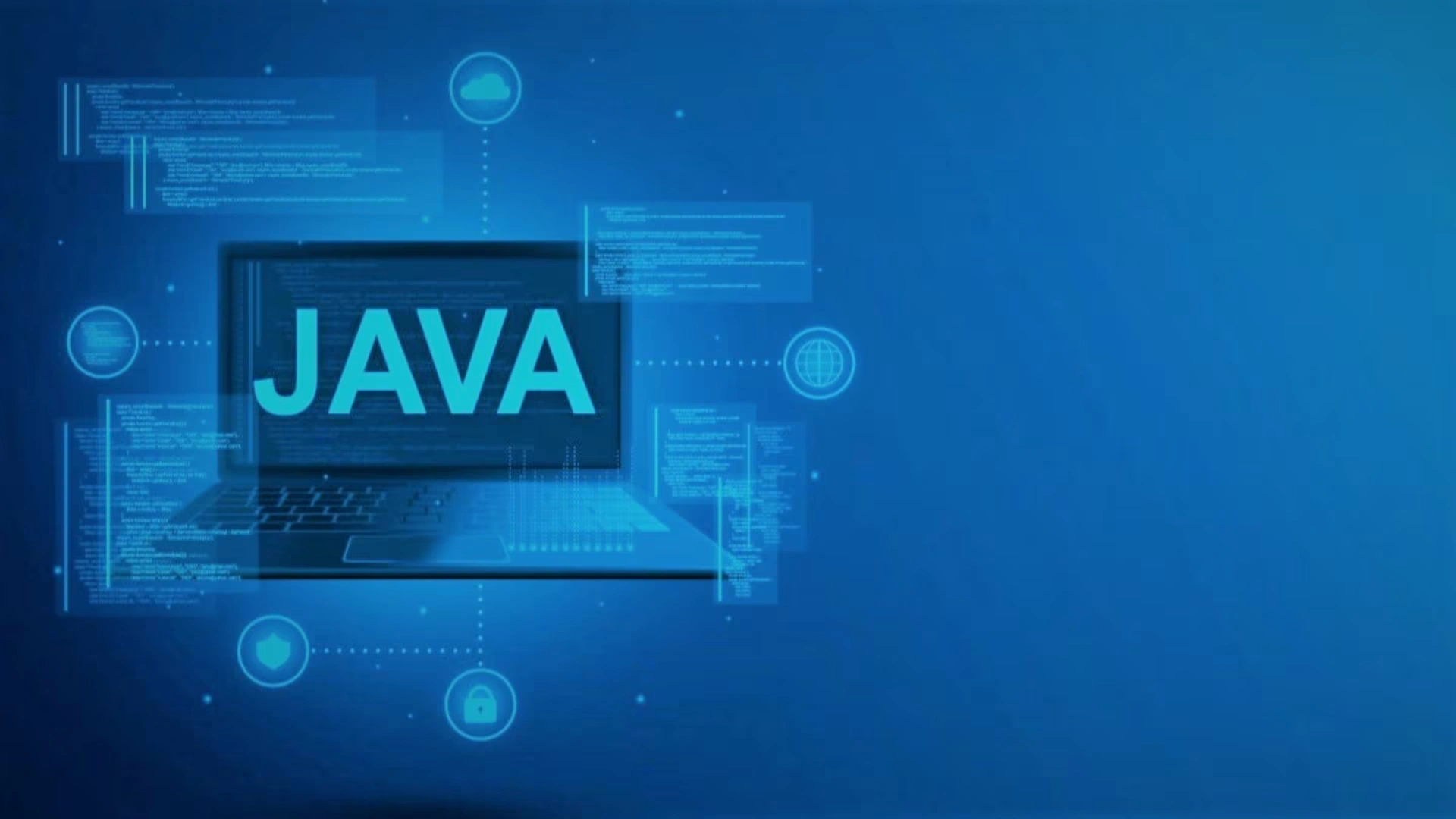
Java has been a staple in programming for decades and remains a popular choice for beginners. It’s a versatile, object-oriented language commonly used in enterprise applications, Android development, and more.
Key Features:
- Platform-independent (write once, run anywhere)
- Strongly typed, which helps catch errors early
- Extensive libraries and frameworks
Why Beginners Love Java:
Its robust structure and widespread use in industries make Java a practical language to learn early on.
7. C
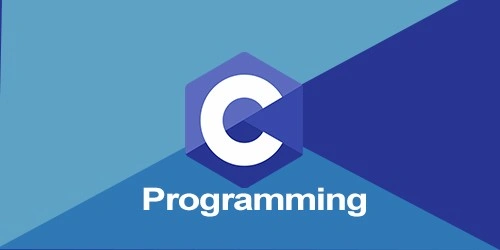
C is often considered the foundation of modern Programming Languages for Beginners. While slightly more challenging for beginners, it’s invaluable for understanding core programming concepts like memory management and pointers.
Key Features:
- Highly efficient
- Offers low-level programming capabilities
- Used in systems programming and embedded systems
Why Beginners Love C:
Mastering C provides a solid foundation for learning more complex languages later.
8. C++
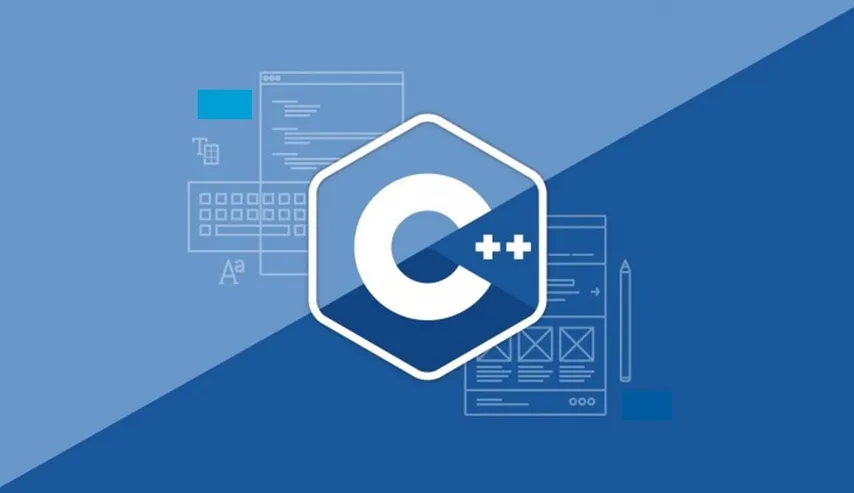
C++ builds upon C by adding object-oriented programming features. It’s a versatile language used in game development, software engineering, and more.
Key Features:
- Combines procedural and object-oriented programming
- High-performance capabilities
- Extensive libraries for various applications
Why Beginners Love C++:
Learning C++ helps beginners understand both low-level and high-level programming concepts.
9. PHP
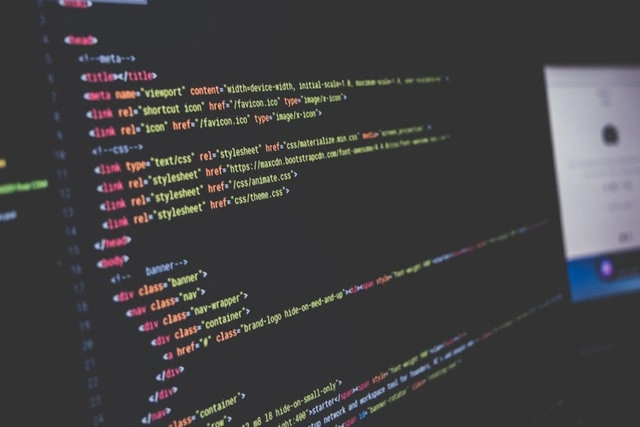
PHP is a server-side scripting language primarily used in web development. It powers popular platforms like WordPress, making it a valuable skill for beginners interested in building websites.
Key Features:
- Easy to learn and use
- Extensive community support
- Seamlessly integrates with databases
Why Beginners Love PHP:
Its simplicity and relevance in web development make PHP an accessible starting point for aspiring developers.
10. Swift
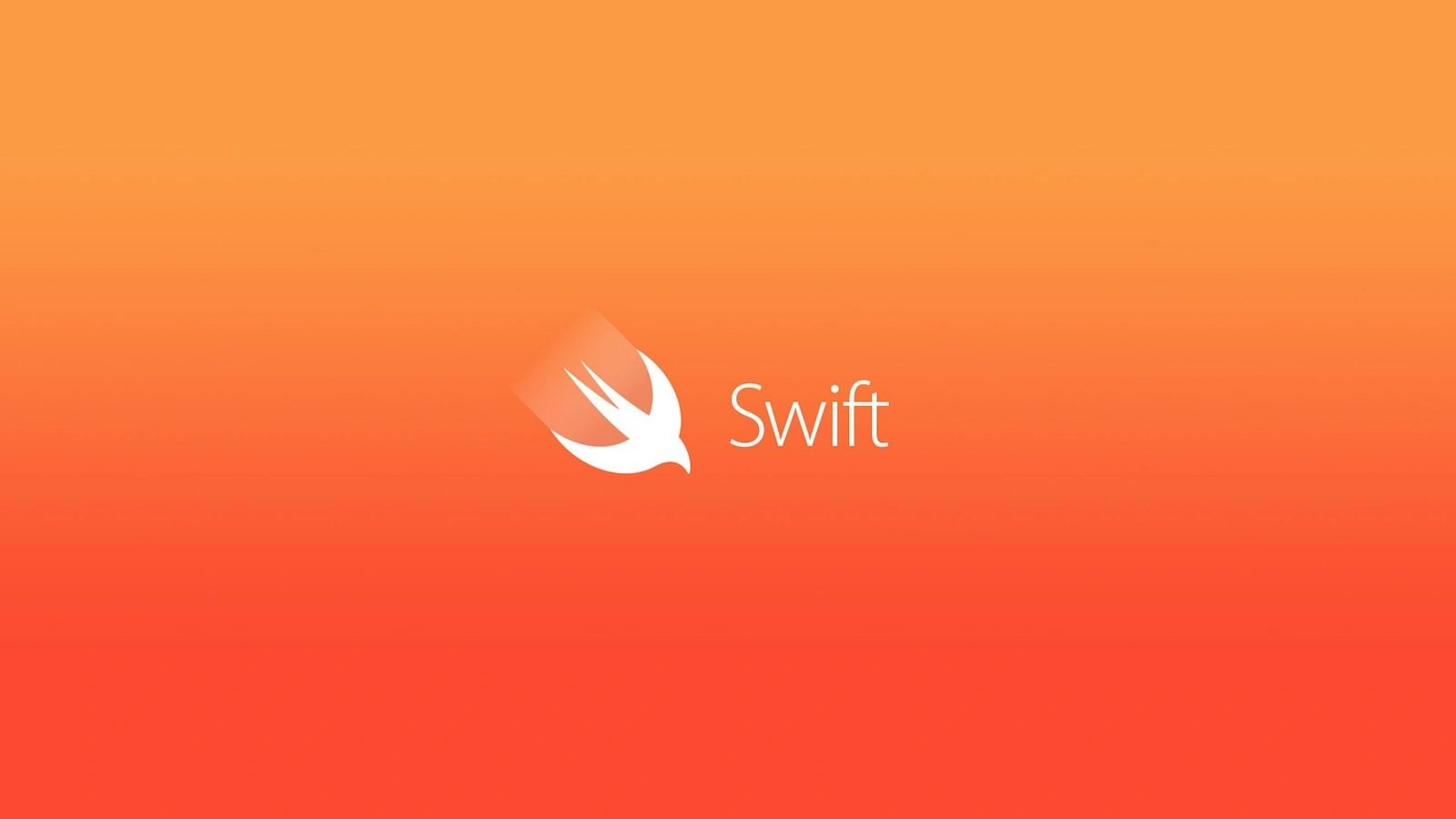
Swift is Apple’s programming language for iOS and macOS app development. With its modern syntax and safety features, it’s an excellent choice for beginners interested in mobile development.
Key Features:
- Beginner-friendly syntax
- Highly optimized for performance
- Supported by Apple’s robust ecosystem
Why Beginners Love Swift:
Swift’s clean syntax and focus on safety make it ideal for those new to programming.
11. Kotlin
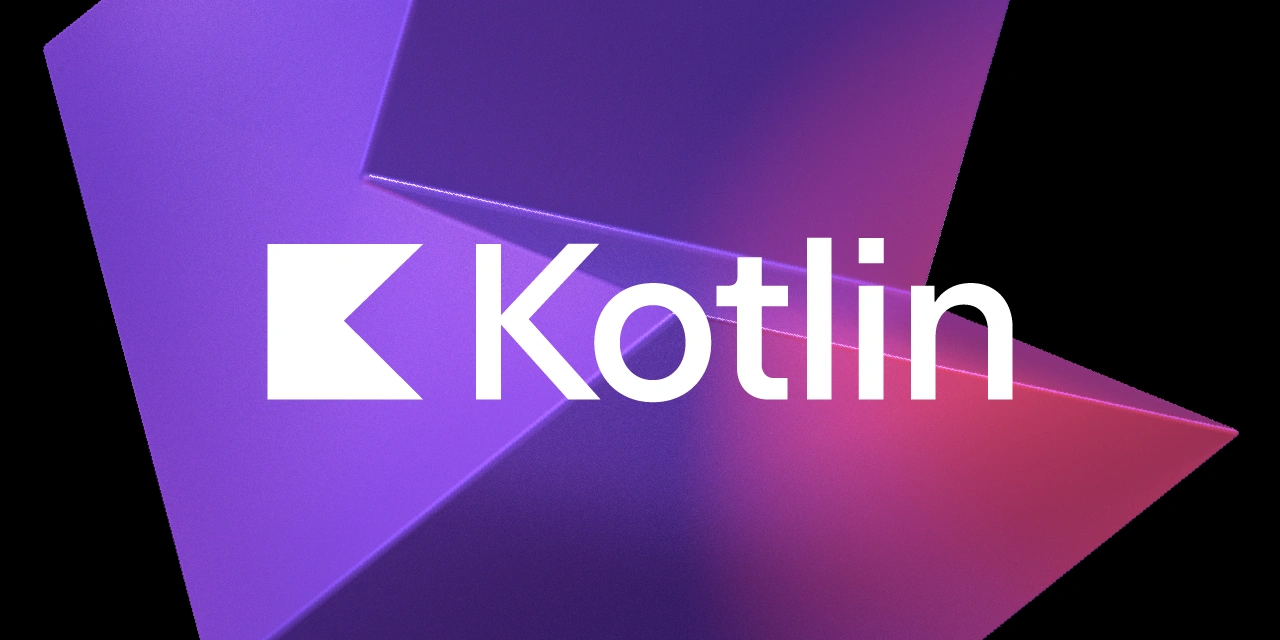
Kotlin is a versatile programming language that’s officially supported for Android development. It’s beginner-friendly and interoperable with Java, making it a great choice for mobile app enthusiasts.
Key Features:
- Concise and expressive syntax
- Fully compatible with Java
- Backed by Google for Android development
Why Beginners Love Kotlin:
Its modern design and ease of use make Kotlin approachable for beginners aiming to develop Android apps.
12. R
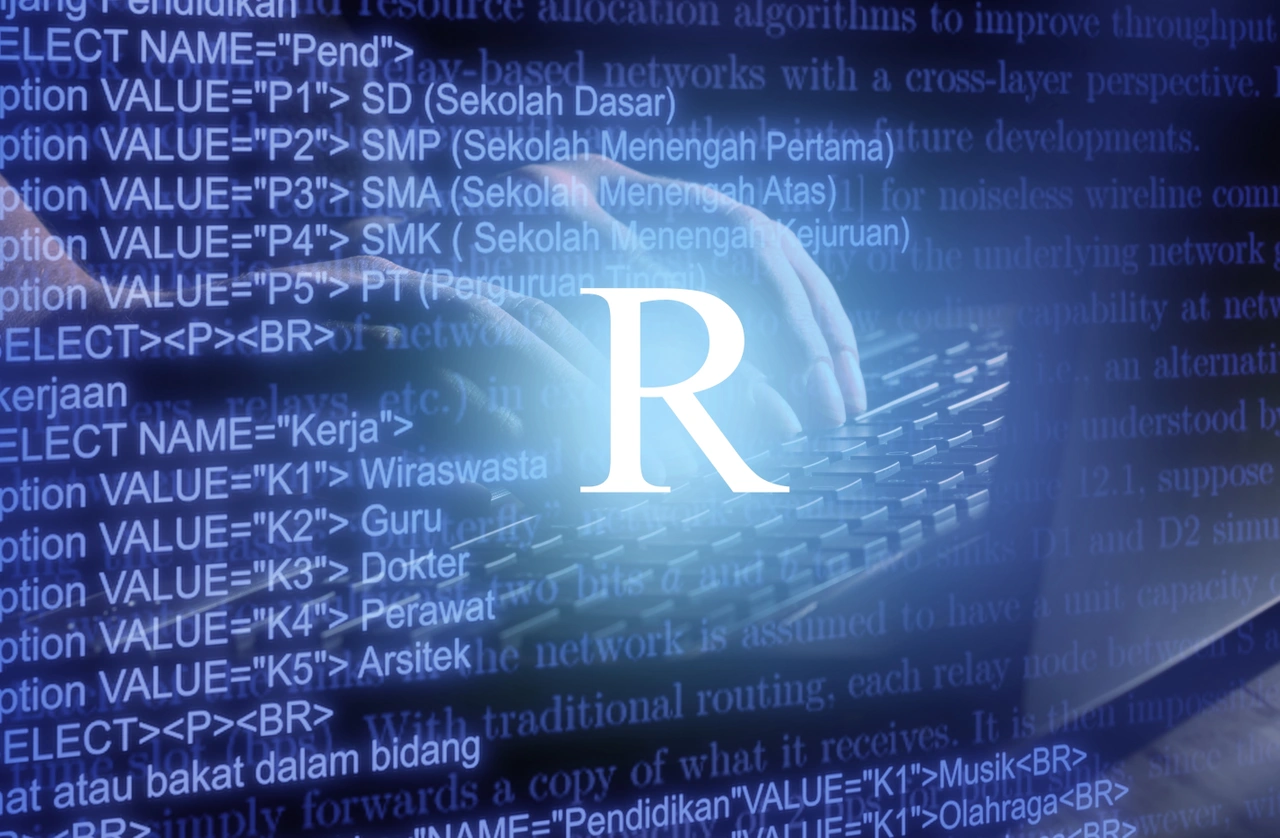
R is a programming language and environment specifically designed for statistical computing and graphics. It’s an excellent choice for beginners interested in data analysis and visualization.
Key Features:
- Extensive libraries for data manipulation
- Strong visualization capabilities
- Open-source and free to use
Why Beginners Love R:
R’s focus on data makes it ideal for beginners aiming to enter the field of data science.
13. SQL
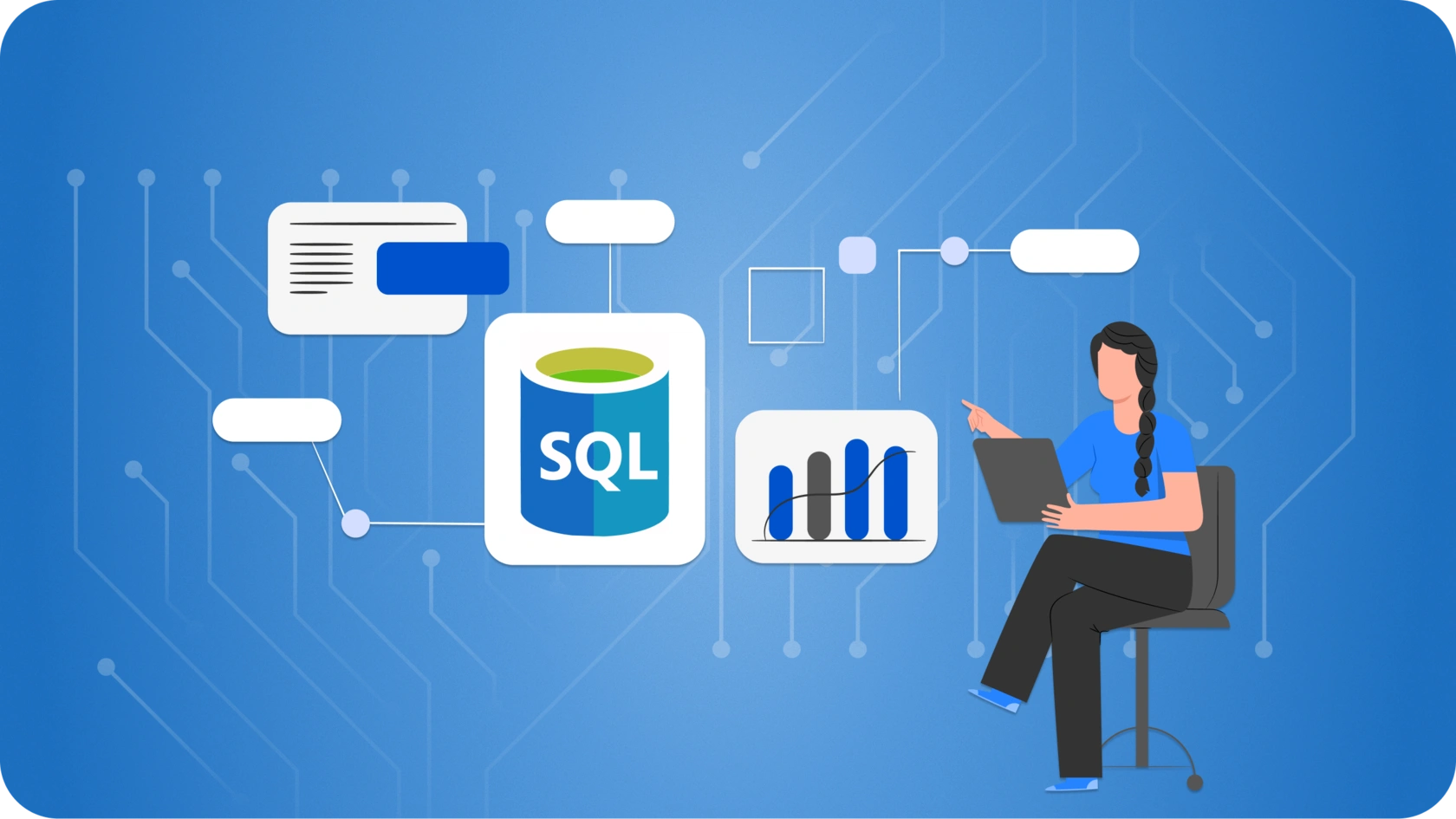
SQL (Structured Query Language) is essential for managing and querying databases. It’s straightforward to learn and highly practical for various applications.
Key Features:
- Simple syntax for database operations
- Widely used in data-driven applications
- Works with popular database systems like MySQL and PostgreSQL
Why Beginners Love SQL:
Its ease of use and immediate applicability in managing data make SQL a rewarding language for beginners.
14. Go (Golang)
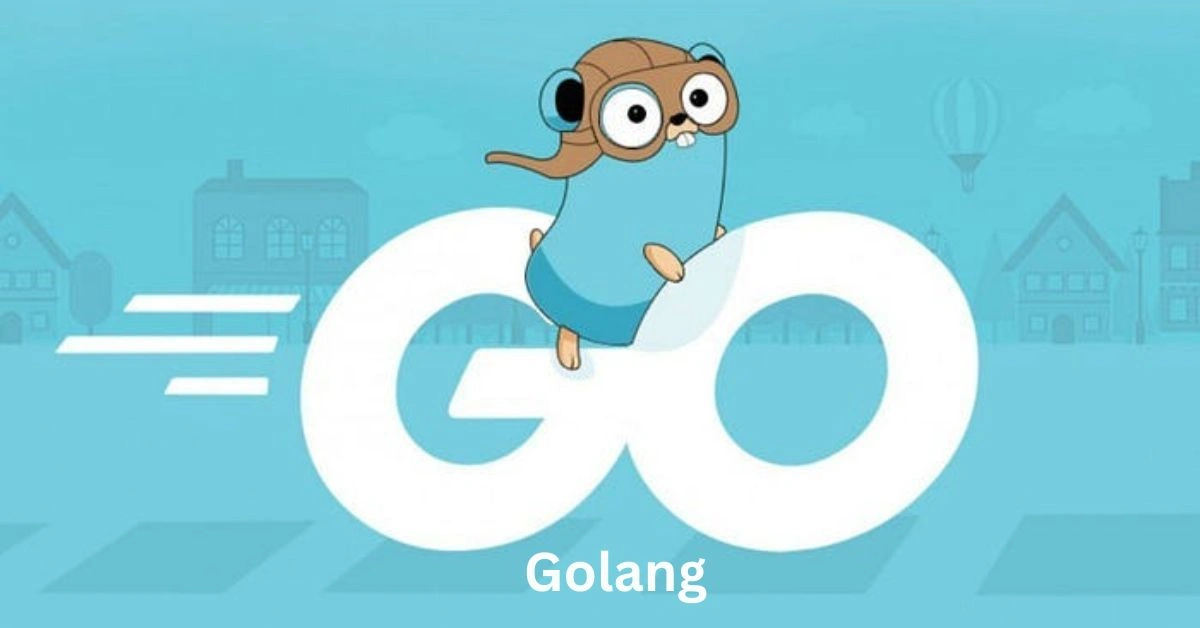
Developed by Google, Go is a modern programming language known for its simplicity and efficiency. It’s great for building scalable and fast applications.
Key Features:
- Simple syntax and fast compilation
- Strong performance and concurrency support
- Backed by Google’s resources
Why Beginners Love Go:
Go’s clean syntax and focus on performance make it an approachable choice for beginners.
15. MATLAB
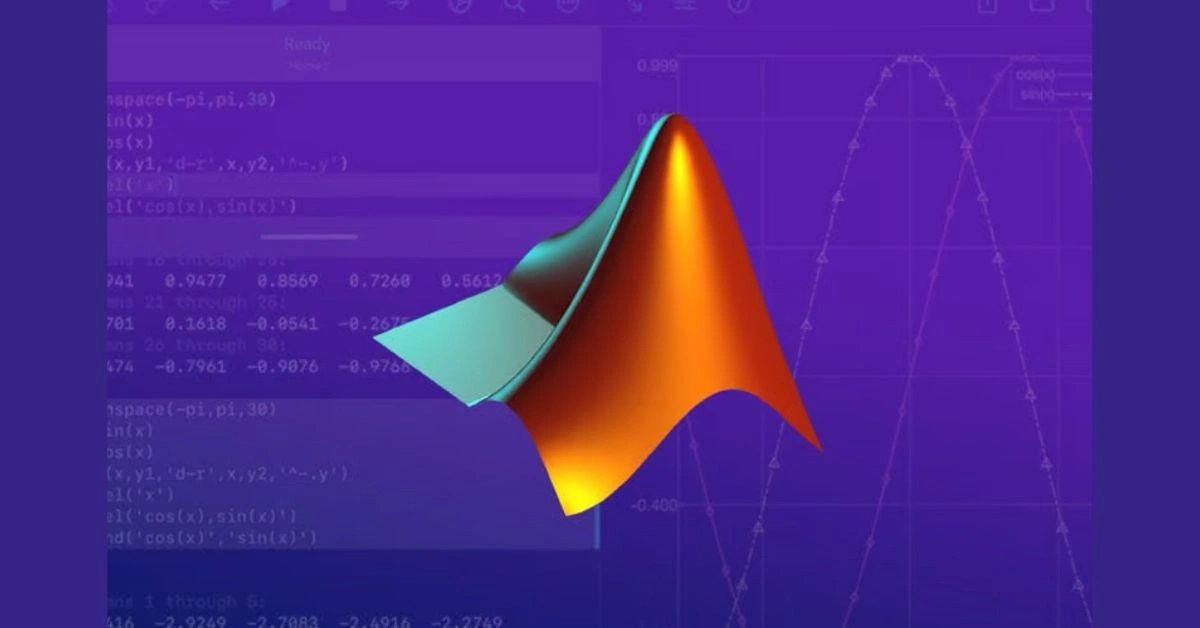
MATLAB is a programming environment designed for engineers and scientists. It’s particularly useful for numerical computing, simulations, and algorithm development.
Key Features:
- User-friendly interface
- Built-in tools for data visualization
- Extensive application in academia and research
Why Beginners Love MATLAB:
MATLAB’s specialized focus and ease of use make it a great starting point for those in STEM fields.
Conclusion
Starting your programming journey can be challenging, but choosing the right language makes all the difference. The top 15 programming languages for beginners listed here offer varying benefits depending on your goals and interests. Whether you’re aiming for web development, mobile apps, or data science, there’s a language tailored to your needs. Take the first step today, and unlock the endless possibilities of coding!
Discover how cutting-edge AI innovations are reshaping our everyday lives—explore the Top 5 AI Innovations Transforming Daily Life in 2024 now on ForbesBlog.
